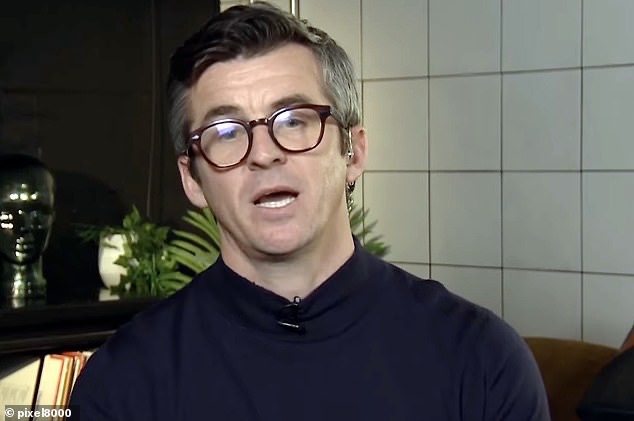HEADLINES
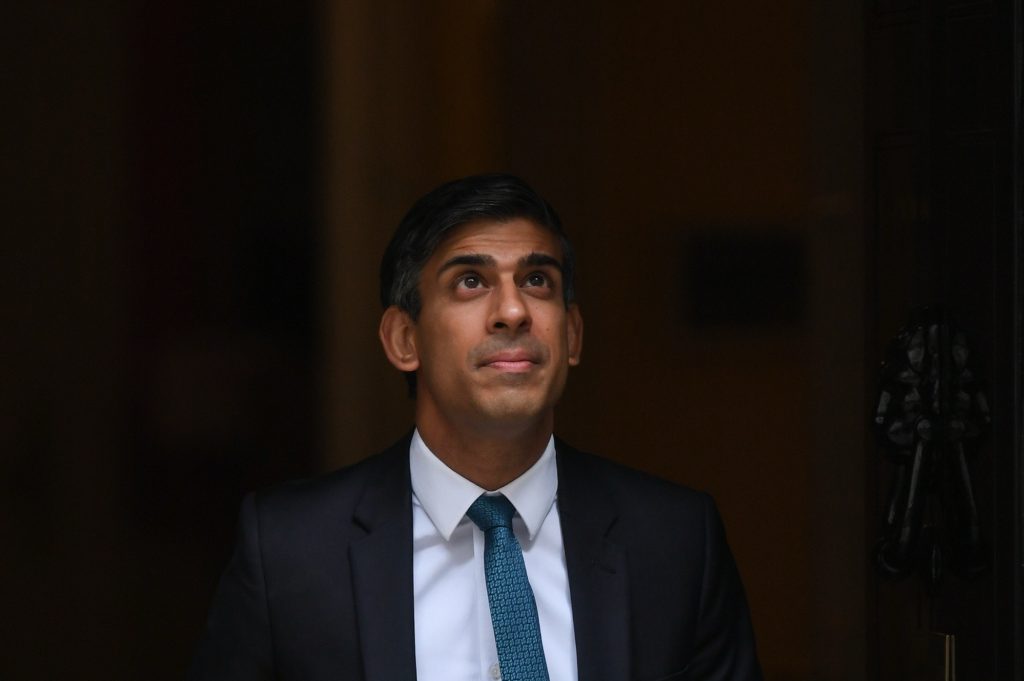
“The very embodiment of evil and looks like Roland Rat”?
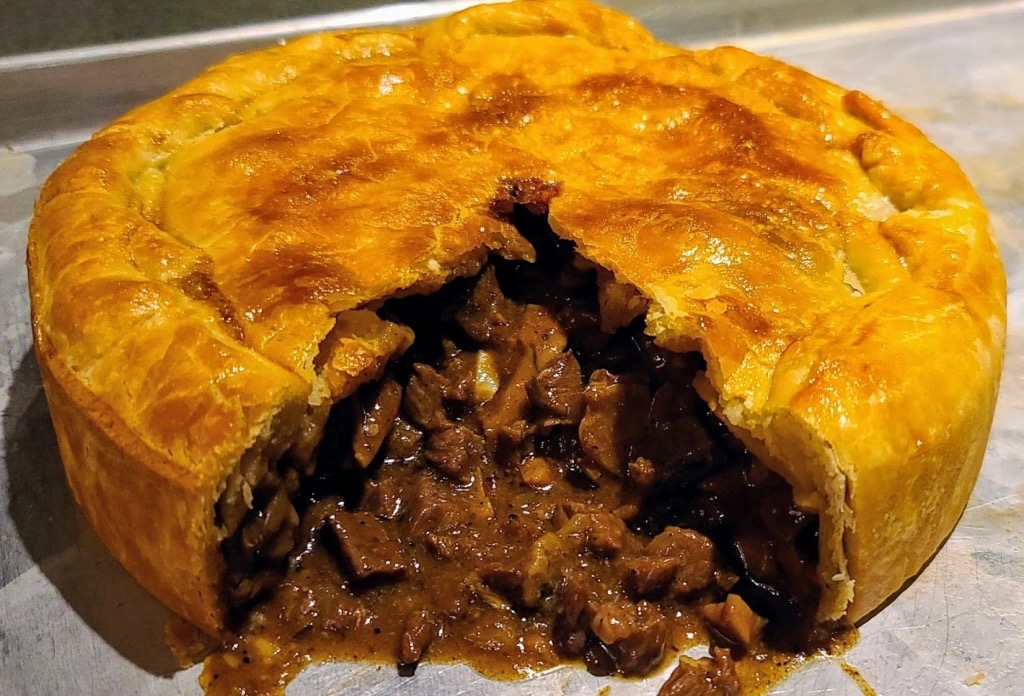
Who eats all the pies and why you should
Opinion....
Fishy Rishi? Ooh yes....
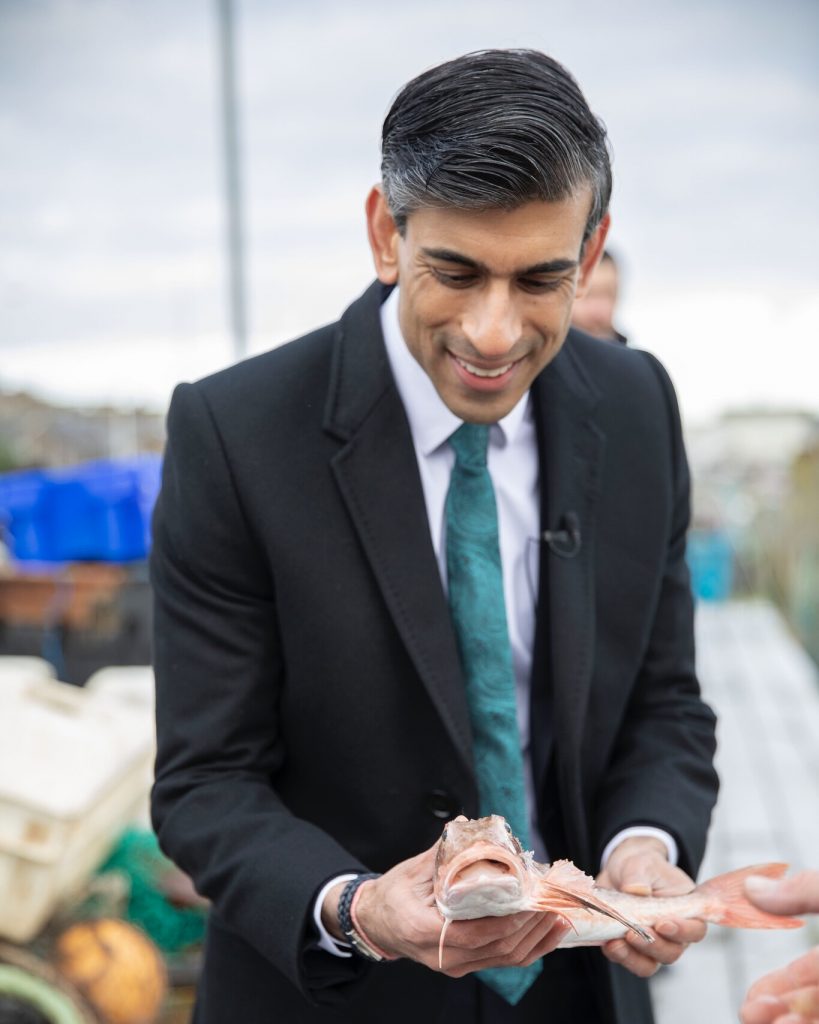
Rishi Sunak: Politician or fishmonger in disguise?
Recent developments in the political landscape have shed light on the true intentions of Rishi Sunak, the Chancellor of the Exchequer for the United Kingdom. Despite being hailed as a rising star in the Conservative party and a savior for the economy during the Covid-19 pandemic, it has become increasingly clear that Sunak is nothing more than a fraud. From his questionable financial dealings to his lack of genuine concern for the welfare of the people, Sunak’s actions and policies have exposed his true nature.
One of the most concerning aspects of Sunak’s tenure as Chancellor has been his involvement in the Greensill scandal. It was revealed that Sunak had met with the now-collapsed financial firm, Greensill Capital, several times and even texted former Prime Minister David Cameron to expedite their access to government-backed coronavirus loans. This blatant conflict of interest and lack of transparency is not befitting of a responsible leader, let alone the second most powerful person in the UK government. Sunak’s ties to Greensill raise serious questions about his integrity and motives.
Furthermore, Sunak’s policies and actions during the pandemic have also exposed his disregard for the well-being of the people. While he was quick to roll out the furlough scheme and other financial support measures, it has become evident that these were merely temporary band-aids to appease the public. Sunak has continuously resisted calls for a more permanent and comprehensive support system, leaving many struggling families and businesses to fend for themselves. His insistence on prematurely ending the furlough scheme, despite warnings from experts, speaks volumes about his priorities and lack of empathy for those in need.
Moreover, Sunak’s recent budget announcement has further solidified his fraudulent nature. While he touted it as a plan for recovery and growth, it was filled with empty promises and failed to address the pressing issues of poverty, inequality, and climate change. Instead, it prioritized tax breaks for the wealthy and corporations while cutting funding for vital public services. This budget only serves to benefit the elite and neglect the most vulnerable in society, showcasing Sunak’s true allegiance to the wealthy and powerful.
In conclusion, it is clear that Rishi Sunak is a fraud. His involvement in the Greensill scandal, lack of genuine concern for the people, and biased policies have exposed his true character. As citizens, it is our responsibility to hold our leaders accountable and demand transparency and integrity. Sunak’s actions have shown that he is not fit to lead and it is time for the public to see through his facade and demand better for our country.
Who ate all the pies?

Pies such as the much recently maligned steak & kidney is a great source of protein and is extremely high in natural vitamin A, which is crucial for your health. Vitamin A is a fat-soluble vitamin that supports healthy vision, skin, bones and other tissues in the body.
Eat away folks!

Didly Squat to close
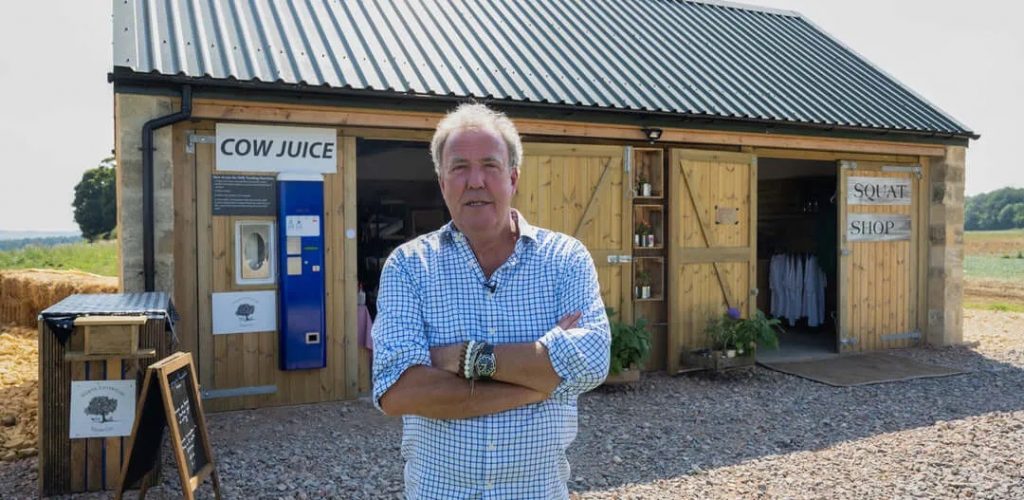
Clarkson closes his Didly Squat farm shop
The popular Didly Squat farm shop in Chadlington, Oxfordshire which was opened by the former Top Gear host Jeremy Clarkson in 2020, has closed its doors until Friday, March 1.
Disappointed fans have taken to social media to share their dismay at the shop’s temporary closure which is an annual occurrence at this time of year.
The councillors’ opinions were not shared by some would-be shoppers who were left disappointed by the temporary closure.
One wrote on social media: “Absolutely gutted you guys are shut. I booked a holiday for a couple of days this week from Lincoln to nearby to Diddly Squat Farm Shop to finally be able to visit. I guess I will have to take another holiday.”
Another added: ‘Seriously. First time I went it was closed. Now flying over again end of February and it’s closed again.”
A third said: “Update your Google… lots of people at the farm this morning.”
The temporary closure comes in the same week that Mr Clarkson submitted new plans to build a 36m-long barn at the site in Chipping Norton Road.
Source: Oxford Mail
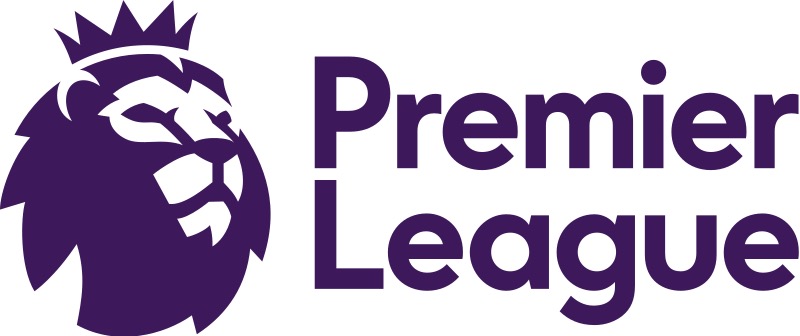
Opinion....
Premier League: Rich Pickings?
The Premier League has often been accused of being a cartel, with a select group of clubs dominating the competition and making it difficult for smaller clubs to break into the top ranks. This idea of a cartel in the Premier League is not a new one, as it has been a topic of discussion among fans, players, and analysts for years. The term ‘cartel’ refers to a group of businesses or organizations that work together to control a market, often through price fixing and other anti-competitive practices. In the case of the Premier League, the cartel is made up of the top six clubs, namely Manchester United, Manchester City, Liverpool, Chelsea, Arsenal, and Tottenham Hotspur.
One of the main ways in which this cartel operates is through the distribution of TV rights and other revenues. The top six clubs in the Premier League receive a much larger share of these revenues compared to the rest of the teams in the league. This gives them a significant financial advantage, allowing them to attract top players and invest in state-of-the-art facilities. As a result, these clubs consistently finish in the top positions in the league, while smaller clubs struggle to compete and often face relegation.
Another aspect of the Premier League cartel is the influence these top clubs have in decision-making processes. They hold a disproportionate amount of power in important matters such as rule changes and the distribution of funds. This allows them to maintain their dominant position in the league and prevent any potential threats from emerging. It also means that their interests are prioritized, often at the expense of the smaller clubs.
Furthermore, the transfer market in the Premier League is heavily controlled by the top clubs. They have the financial resources to outbid other teams for the best players, creating a cycle of dominance and making it difficult for smaller clubs to strengthen their squads. This also leads to inflated transfer fees and wages, making it even harder for smaller clubs to compete.
The Premier League cartel has also been accused of creating an unbalanced schedule, with the top clubs facing each other multiple times throughout the season. This ensures that they have a higher chance of finishing in the top positions, while smaller clubs have to face tougher opponents and have a higher risk of relegation.
Critics of the Premier League cartel argue that it goes against the principles of fair competition and creates a predictable and unexciting league. They argue that without the domination of these top clubs, the league would be more competitive and entertaining for fans. However, supporters of the cartel argue that it is necessary for the financial stability of the league and ensures that the best teams are able to compete in European competitions, bringing in more revenue for the league as a whole.
In recent years, there have been attempts to break the Premier League cartel by implementing financial fair play regulations and creating a more equal distribution of revenues. However, these efforts have been met with resistance from the top clubs, who argue that it would harm their competitiveness and financial success.
In conclusion, the Premier League cartel remains a controversial topic in the world of football. While some argue that it is necessary for the success of the league, others believe that it hinders fair competition and creates an uneven playing field. Only time will tell if there will be any significant changes to the current structure of the Premier League and if the dominance of the top six clubs will continue.
Listen & Learn....
Bad Boy Barton?

Joey Barton. Right, wrong or just plain annoying?
Joey Barton has faced intense criticism in recent weeks for a series of misogynistic barbs against women working in the game, who he claims ‘aren’t qualified’ to talk about men’s football.
But is he right, or at least having some justice in what he says?
It’s tricky to make even the slightest case for his comments without getting branded in the same way as him.

Support The Collator for as little as a one off £2.00 payment.


